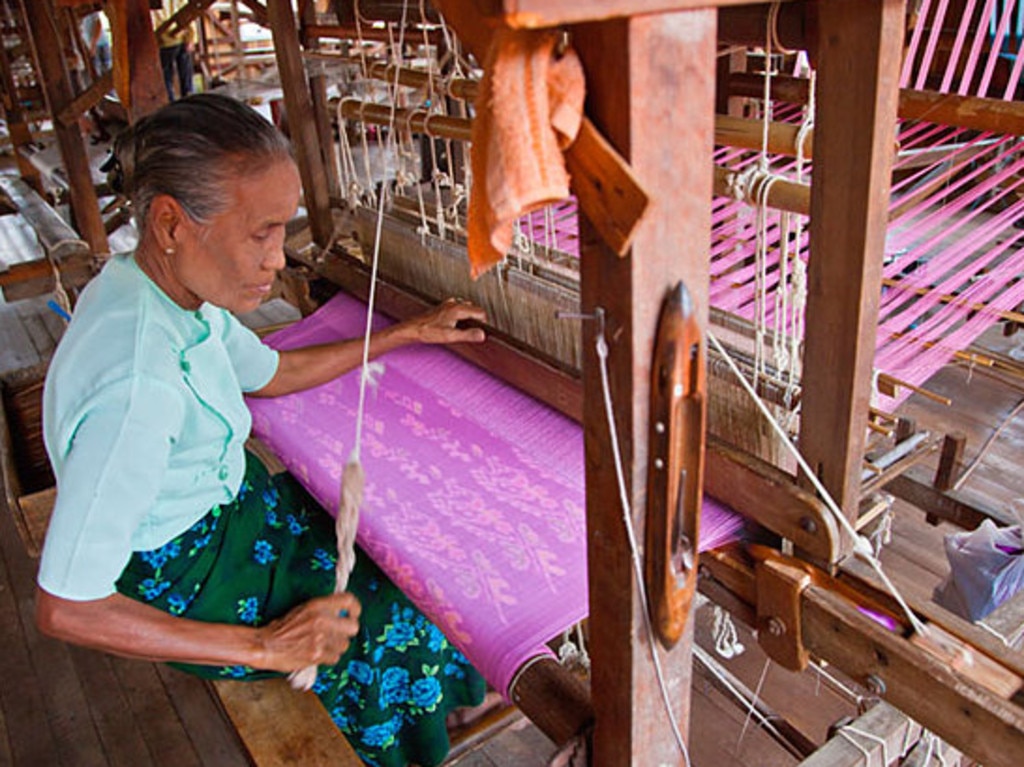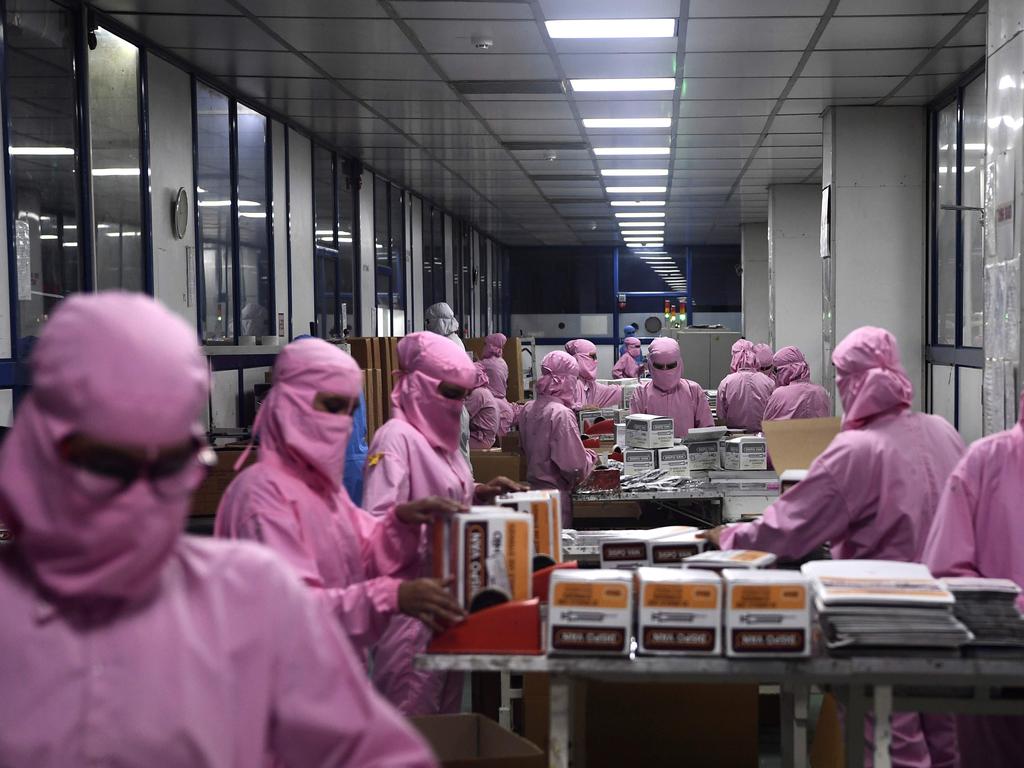Surge in offshoring sees Australian economy become dependent on modern slavery
Australia has become reliant on the horrific practice of modern slavery. Here’s the industries most affected.
The Australian economy is becoming increasingly reliant on the disturbing practice of modern slavery, according to one of the nation’s most powerful workers’ unions.
The surge in Aussie businesses offshoring work to foreign countries over the last decade to cut costs has caused Australia to become heavily reliant on goods produced in South Asia.
Speaking to a parliamentary inquiry on Monday, the Construction Forestry Maritime Mining And Energy Union said South Asian countries were some of the biggest perpetrators of forced labour – also known as modern slavery – in the world.
“For too long, Australian businesses have been incentivised to offshore operations to the lowest bidder and absolve themselves of the worst kinds of labour exploitation within their operations,” the CFMMEU said in its submission to the inquiry.
The union lamented that in the Asia-Pacific, where the bulk of Australia’s manufacturing imports are now sourced, four out of every 1000 people are estimated to be victims of modern slavery.
“This accounts for the highest prevalence of modern slavery in the world,” the CFMMEU said.

Modern slavery in the form of forced labour involves a person being employed against their will with the threat of imprisonment, violence, death, or other forms of extreme hardship to them or their family if they do not comply.
Textile and footwear factories in South Asia have been widely recognised for their extensive use of forced labour for many years.
But the CFMMEU said there was now also a growing awareness of exploitation in other high level manufacturing industries such as medical goods, and the electrics and electronic industry.
“These large scale operations are becoming increasing exposed for common coercive labour practices such the confiscation of immigration papers, threats of physical restraint and violence, as well as labour obtained through fraud and deception,” the union said.

The CFMMEU urged the federal government to take action, stressing that bringing manufacturing back to Aussie shores would allow much better monitoring and regulation of workers rights and wellbeing.
The Fair Work Act 2009 protects workers in Australia against exploitation by granting them rights to fair pay, workplace treatment, safety, and freedom.
“If the Australian government is serious about tackling the scourge of modern slavery, bringing manufacturing back within its regulatory purview is the best and most directly effective mechanism to effect it,” the union said.
“It is our moral imperative to ensure that the workers who manufacture our public transport vehicles, our medical supplies, and our building supplies have the respect, dignity and safety that all people deserve.”




